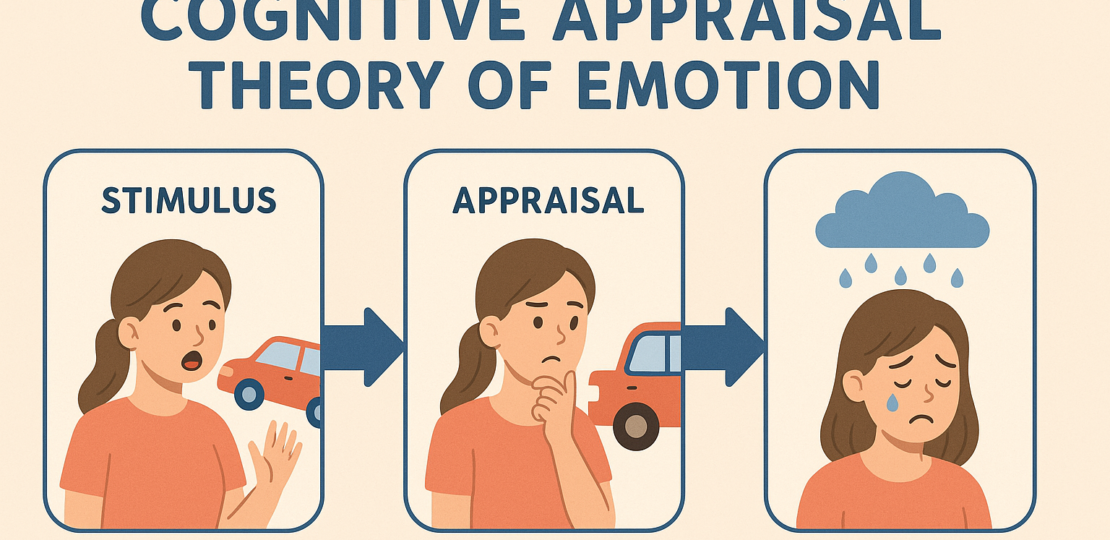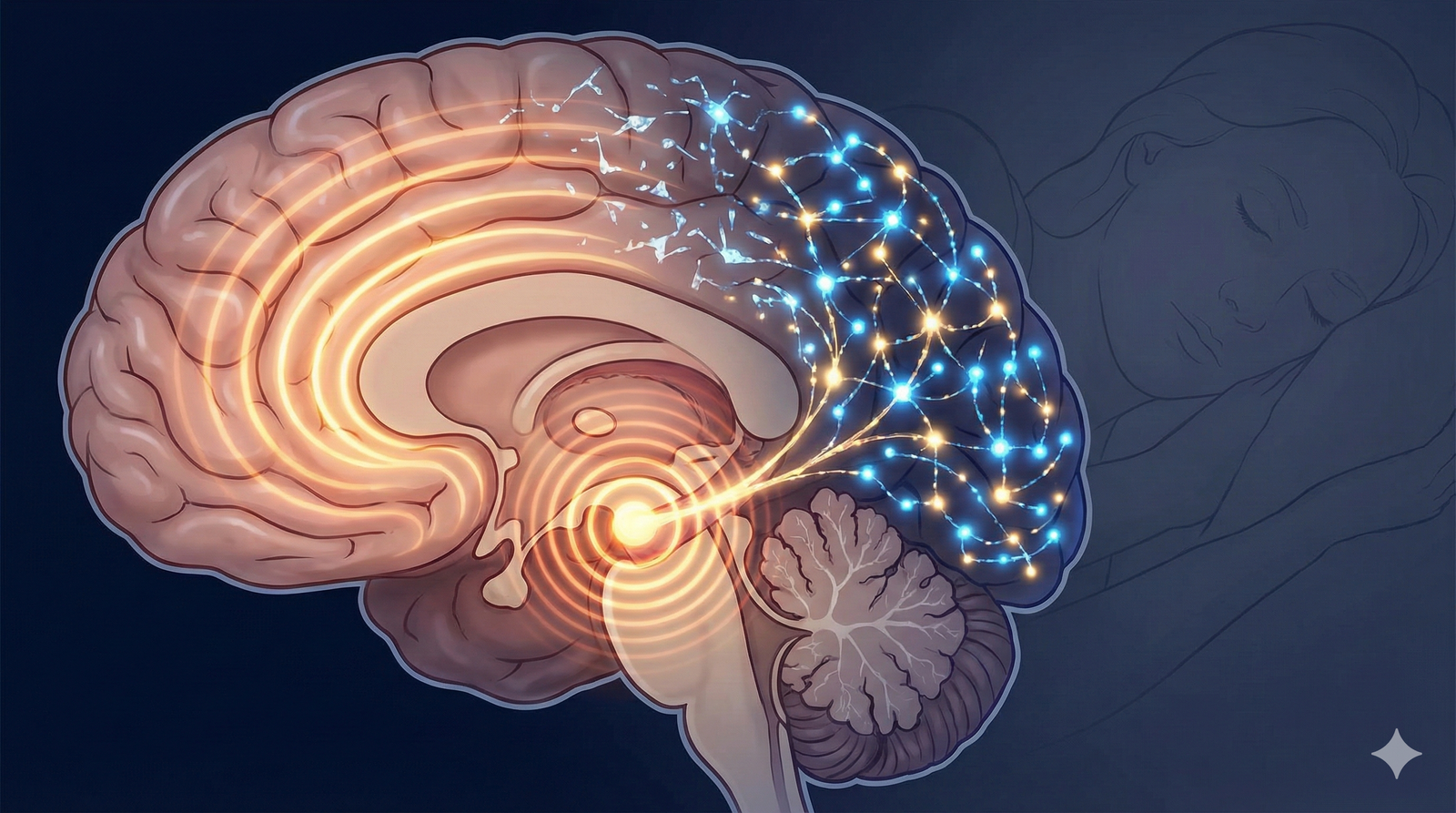
This one might be a relief to you guys. For once, it’s not as similar to the other theories. This one suggests cognition is involved heavily for emotion.
Have you ever noticed that two people can respond completely differently to the same situation? One sees a rollercoaster and screams with joy, another clutches the safety bar in terror. The Cognitive Appraisal Theory, developed by psychologist Richard Lazarus, explains this by saying that emotion arises not from the event itself, but from how we interpret or “appraise” it.
According to Lazarus, we go through two stages of appraisal. The primary appraisal determines whether something is a threat, a benefit, or irrelevant. The secondary appraisal assesses whether we have the resources to deal with it. These judgments happen rapidly, often without conscious awareness, but they shape the emotional response.
For example, if you see a barking dog and believe it’s friendly (primary appraisal) and you feel confident around dogs (secondary appraisal), you may feel amused or curious. If you interpret the same dog as dangerous and yourself as vulnerable, you may feel fear. The event hasn’t changed—your perception has.
This theory highlights how our thoughts powerfully shape our emotions. It also forms the basis for many therapeutic techniques like cognitive-behavioral therapy (CBT), which helps people reframe their thoughts to manage emotional responses. In a world of constant stimulation, learning how to appraise situations calmly and constructively can be one of our greatest tools for emotional health.
RELATED POSTS
View all


